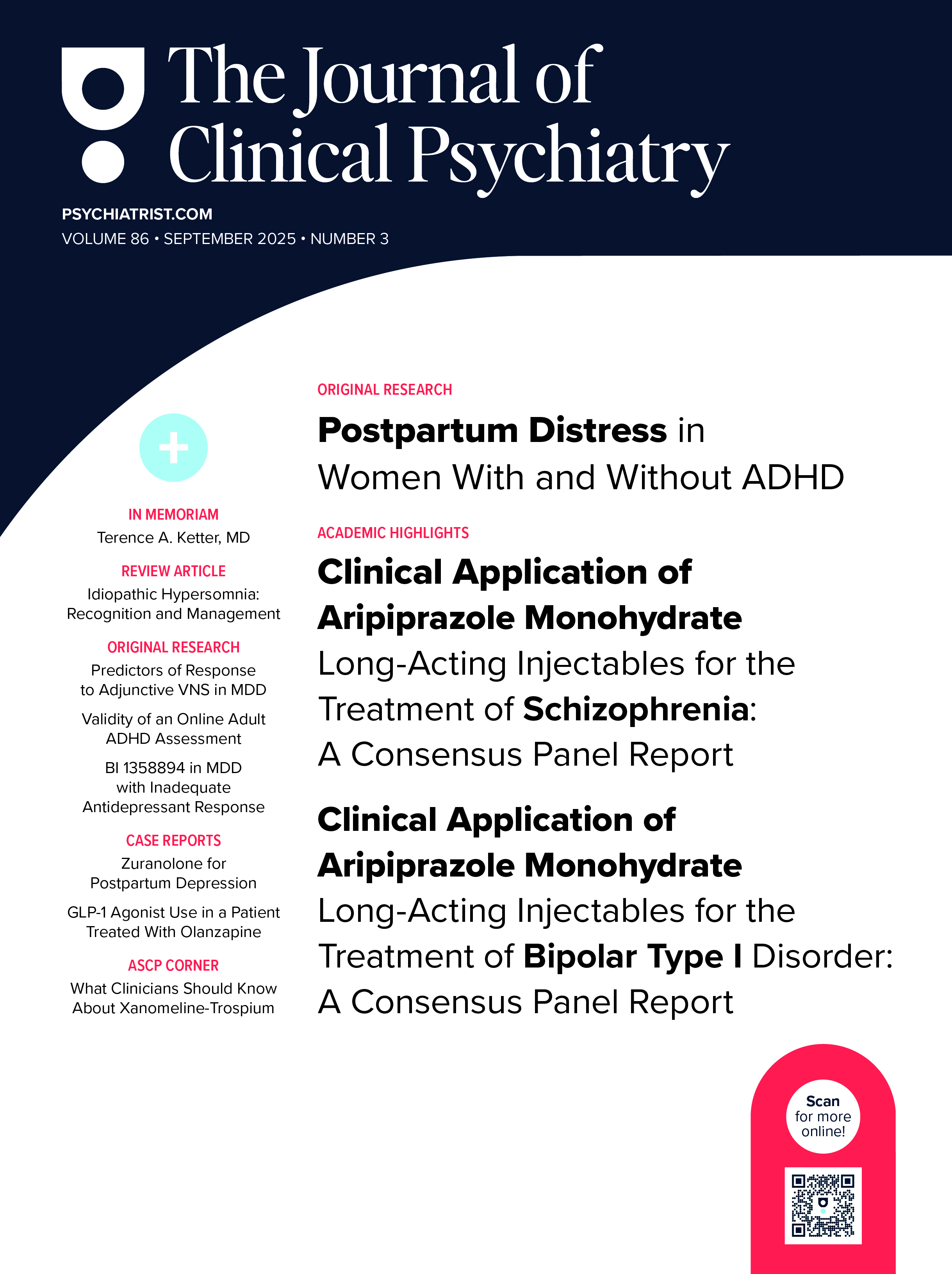Objective: A large number of studies suggest that both psychological and pharmacologic therapies are effective in the treatment of mild-to-moderate depressive disorders. Whether both types of intervention are equally effective has not been established definitively.
Data Sources: A database was developed through a comprehensive literature search (from 1966 to May 2007) in which 6947 abstracts in PubMed (1244 abstracts), PsycINFO (1736), EMBASE (1911), and the Cochrane Central Register of Controlled Trials (2056) were examined. Abstracts were identified by combining terms indicative of psychological treatment and depression (both MeSH terms and text words). For this database, the primary studies from 22 meta-analyses of psychological treatment for depression were also collected.
Study Selection: For the current study, the abstracts of 832 studies were examined.
Data Extraction: Thirty randomized trials were included in a meta-analysis that compared the effects of a psychological treatment for 3178 adults with a diagnosed depressive disorder (major depressive disorder, dysthymia, minor depressive disorder) with the effects of a pharmacologic treatment.
Data Synthesis: In studies of patients with dysthymia, pharmacotherapy was significantly more effective than psychotherapy (d = -0.28, 95% CI = -0.47 to -0.10). In patients with major depressive disorder, treatments with selective serotonin reuptake inhibitors (SSRIs) were significantly more effective than psychological treatments, while treatment with other antidepressants did not differ significantly. Subgroup and metaregression analyses did not show that pretest severity of depressive symptoms was associated with differential effects of psychological and pharmacologic treatments of major depressive disorder. Dropout rates were smaller in psychological interventions compared with pharmacologic treatments (odds ratio = 0.66, 95% CI = 0.47 to 0.92).
Conclusions: Pharmacologic treatments maybe more effective than psychological interventionsin the treatment of dysthymia. Pharmacologictreatment with SSRIs may also be more effectiveIin the treatment of major depressive disorder,although these differences are small and probablyhave little meaning from a clinical point of view.We can conclude that both psychological andpharmacologic therapies are effective in the treatmentof depressive disorders and that each hasits own merits.
Please sign in or purchase this PDF for $40.00.





